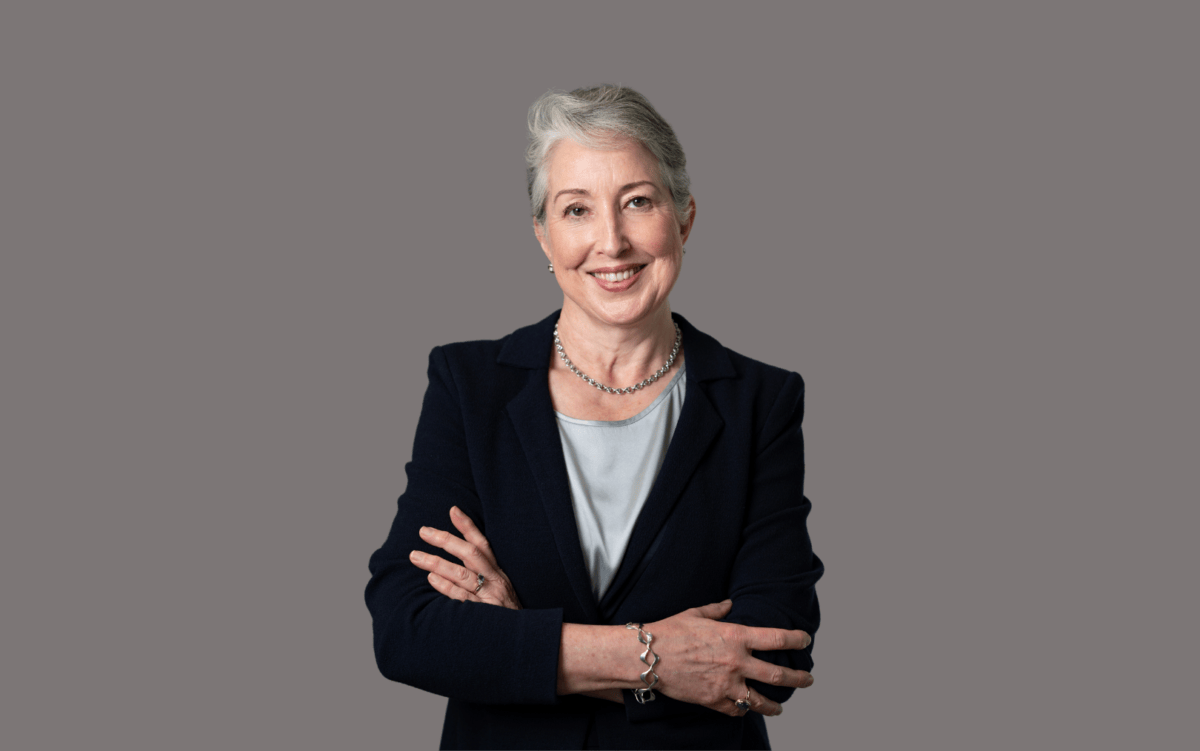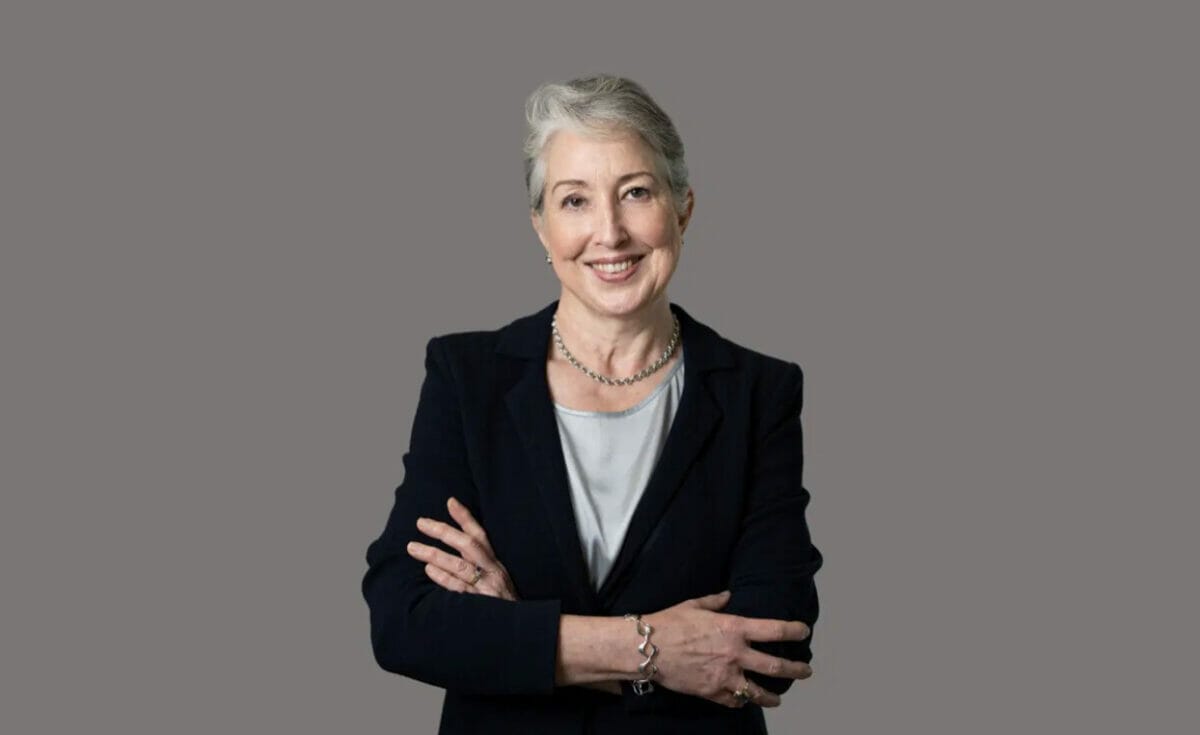Virtually any investment professional will acknowledge the value of diversity when it comes to investment strategy and decisions, particularly during the current uncertainty. Diversify, spread your risks and look for opportunities across sectors and asset classes.
Yet, the opposite practice is often true in the workplace. Women as a percentage of CFA Institute United States members have barely moved from 17 per cent since 2017 yet have reached a still low 30 per cent for corporates generally. And Morningstar found that the gender diversity of fund managers globally has remained largely unchanged over 20 years. It noted that women fund managers are twice as prevalent in Asian markets.
The investment profession also trails on race and ethnic diversity. In 2020, 2 per cent of CFA Institute members in the US identified as Black, far below the US population of Black graduate degree holders. Only 3 per cent identified as Hispanic and 1 per cent as Latino. Although numbers are higher for Asian investment professionals, they are often not reaching the highest leadership levels.
Yet Willis Towers Watson, the global investment consultancy, found in 2020 that diverse investment teams outperformed those with no women or ethnic minority employees by an average of 20 basis points a year. Clients are also demanding movement on DEI. In short, the industry’s glacial pace of change has to accelerate.
Why we need a framework for change
In an industry that moves quickly and can be both opportunistic and strategic, the investment sector needs to operationalise a structured DEI approach.
This is why the CFA Institute DEI steering committee asked the DEI Code working group of CFA Institute committee members, investment professionals and DEI practitioners to create a voluntary DEI Code in March 2020, beginning in the US and Canada. The code was launched in February 2022 following a two-year plus industry-wide consultation and drafting process.
The working group made the code practical for all organisations in the industry. Although voluntary, the code requires strong commitment and accountability from senior leaders at investment companies and engagement from employees. DEI needs to be embedded within strategic business imperatives to create an impact.
This was highlighted in a CFA Institute report in August 2021, Accelerating Change: Diversity, Equity, and Inclusion in Investment Management, which outlined practical and actionable takeaways from DEI efforts. The report also forms the research underpinning the DEI Code’s implementation guidance.
Understanding the code
The DEI Code comprises six core principles. The signatories commit to:
- Pipeline: Expanding the pipeline of diverse talent.
- Talent acquisition: Designing and implementing inclusive and equitable hiring and on-boarding practices.
- Promotion and retention: Designing and implementing inclusive and equitable promotion and retention practices to reduce barriers to progress.
- Leadership: Using their position and voice to promote and improve DEI in the investment industry and to being held accountable for their firm’s progress.
- Influence: Using their role, position and voice to promote and increase measurable DEI results in the investment industry.
- Measurement: Measuring and reporting on their progress in improving DEI within their firm and providing regular reports on the metrics to their senior management, board and CFA Institute.
When adopting the code, signatories will need to report on the relevant metrics for their organisations annually using a confidential reporting framework. This is important as the code looks to meet the organisation where it is, define its current state, and drive improvement from a realistic foundation.
CFA Institute will then report its overall findings on industry progress every year. It will also hold various roundtables with the signatories to understand their implementation strategy, share tested practices, and showcase successes.
Sustaining improvements
The DEI Code is designed on a common belief: that improvements can offer better investment outcomes and help create better working environments. The latter is especially important as attracting and retaining talent continues to be a significant challenge in the investment industry. We also wanted to make it adaptable as practices evolve, keeping aspirations high and grounded in business needs.
When it comes to DEI, we know that regionally specific nuances are critical to capture within any code to make an impact. In this regard, we see the current DEI Code for the US and Canada as a starting point. We will be adapting the code for each region, working with local stakeholders to reflect key priorities.
At CFA Institute, we continue to advocate for professional excellence and adherence to ethical standards. Our existing codes and standards are how we hold ourselves accountable, and now they include DEI.
Sarah Maynard is global head, external diversity, equity & inclusion, at CFA Institute



